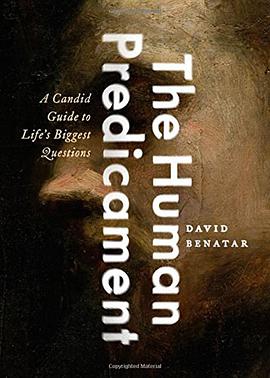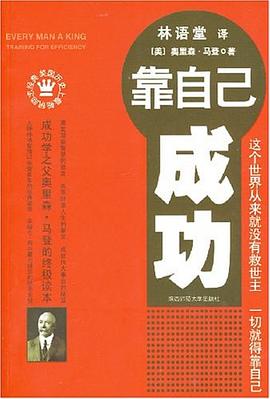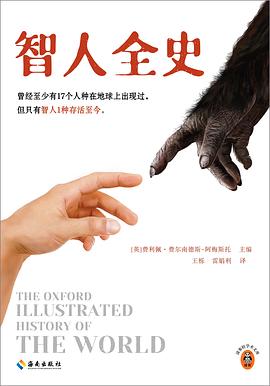The Human Predicament
内容简介
Are our lives meaningful, or meaningless? Is our inevitable death a bad thing? Would immortality be an improvement? Would it be better, all things considered, to hasten our deaths by suicide? Many people ask these big questions -- and some people are plagued by them. Surprisingly, analytic philosophers have said relatively little about these important questions about the meaning of life. When they have tackled the big questions, they have tended, like popular writers, to offer comforting, optimistic answers. The Human Predicament invites readers to take a clear-eyed and unfettered view of the human condition.
David Benatar here offers a substantial, but not unmitigated, pessimism about the central questions of human existence. He argues that while our lives can have some meaning, we are ultimately the insignificant beings that we fear we might be. He maintains that the quality of life, although less bad for some than for others, leaves much to be desired in even the best cases. Worse, death is generally not a solution; in fact, it exacerbates rather than mitigates our cosmic meaninglessness. While it can release us from suffering, it imposes another cost - annihilation. This state of affairs has nuanced implications for how we should think about many things, including immortality and suicide, and how we should think about the possibility of deeper meaning in our lives. Ultimately, this thoughtful, provocative, and deeply candid treatment of life's big questions will interest anyone who has contemplated why we are here, and what the answer means for how we should live.
......(更多)
作者简介
David Benatar,开普敦大学哲学教授,系主任,主要研究领域为道德哲学、应用伦理学、法理学和宗教哲学。
......(更多)
目录
Preface
A Reader’s Guide
1.Introduction
2.Meaning
3.Meaningless
4.Quality
5.Death
6.Immortality
7.Suicide
8.Conclusion
Notes
Bibliography
Index
......(更多)
读书文摘
一本悲观的书最有可能慰藉到的对象,是已经有同样看法却因此感到孤独或觉得自己有病的人。若能发觉有人跟自己看法相同,而且这些看法有不错的论证来支撑,这些人或许能因此得到安慰。
请想象某人正在设法凿穿(或者从底下挖穿)监狱的钢筋混凝土墙体。只有在他最终未能破墙而走的情况下,他这份热切的努力才是荒诞的。他若逾越了狱墙施加的限制,这份努力就不再荒诞。
......(更多)






